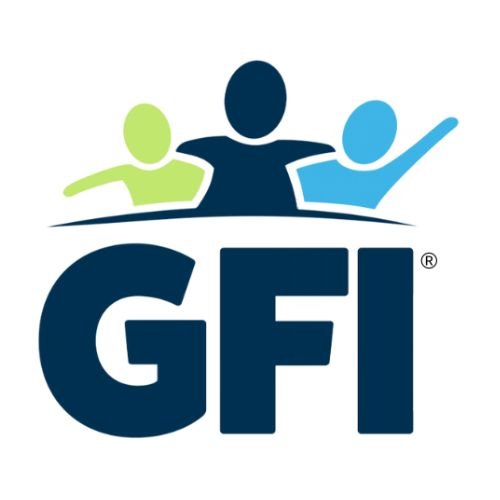The Case for Explaining Your Autistic Child's Neurology
As a community helping children to be more aware, accepting, and empathetic, we can do better – and we must. Whether we’re improving our neurodivergent children’s self-awareness and perception or helping neuromajority children realize that different brain wiring impacts the way autistic peers understand and process the world around them, sharing information in an age-appropriate, strengths-based way is critical to healthy social emotional development.
Neurodivergence and Emotional Response
What any educator will confirm is that every child is unique, whether on the spectrum or not. How they react to stimuli will vary among them, with some increased irregularity among our neurodiverse kids. Recognizing exactly how we’re feeling from their perspective, or how they’re feeling inside, can be difficult to interpret. Here are some common emotional responses to dispel some of the mystery.
Demonstrating Autistic Acceptance
If the aim is an inclusive classroom for neurodivergent kids, we aren’t going to achieve much without leadership showing them how it’s done. Modeling this sort of behavior might feel cumbersome, for fear of overcompensating with forced or unnatural interactions. But a few subtle techniques fly right under the radar and create a culture of acceptance with ease.
Talking to Children about Talking
A couple weeks ago, I was with my 12-year-old daughter and 15-year-old son at a public park pool in our community. It's generally a great place to connect with friends from school. But not all children are friendly -- or at least they say some pretty unfriendly things. One group of 14ish-year-olds made my son particularly upset when he tried to interact with them. Seeing his anguish, a couple of them initiated personal apologies to him on their own.
Talking about an ASD Diagnosis
Following a recent Good FriendPeer Sensitivity Workshop, an observer remarked how she had seen similar presentations about autism, but the presenter never actually used the word "autism". I thought that was much like talking about reproduction without mentioning the sex organs: not very helpful, and one leaves with more questions than useful information.
Autism Awareness Preparedness
World Autism Awareness Day is just over four weeks away. How are you preparing? In my house, I'll start bringing out my exterior blue light bulbs and hanging the Autism Awareness ribbon garden flag in a couple of weeks. I'll get my Highlight It Up Blue hair extensions and wear my button on my jacket.
Talking TO our friends with autism
As Good Friend co-founder and fellow autism mom Denise Schamens and I have expanded our observations of and interactions with this autism spectrum cosmos, we have gained a better understanding and appreciation for the wonder and beauty it holds.
Extending Dignity
Shouldn't we be extending dignity to every human being around us, regardless of perceived intelligence? Sometimes it seems as if only those who express their cognitive ability with reliable spoken language deserve such treatment.
Pretending to be "normal"
Whether your neighborhood hosted trick-or-treaters already, or is gearing up for the swarm of costumed kiddos later this week, this is a time when many of us celebrate our children pretending to be other than who (or what) they are. Sometimes the costumes are so elaborate or concealing, we cannot recognize our pals. And some characters even assume their costumed persona while at the party or collecting candy. There is, of course, no expectation that such charades will continue past Halloween.
What is the learner objective?
When we started developing our student curriculum nearly seven years ago, Denise and I knew what we, as parents, wanted typically-developing peers to know about their classmates with autism, including our own sons. Not long after we had done some field tests, we assembled a committee to review our newly-hatched programs and services. One of the members encouraged us to identify learner objectives for our programs to clarify the content.











